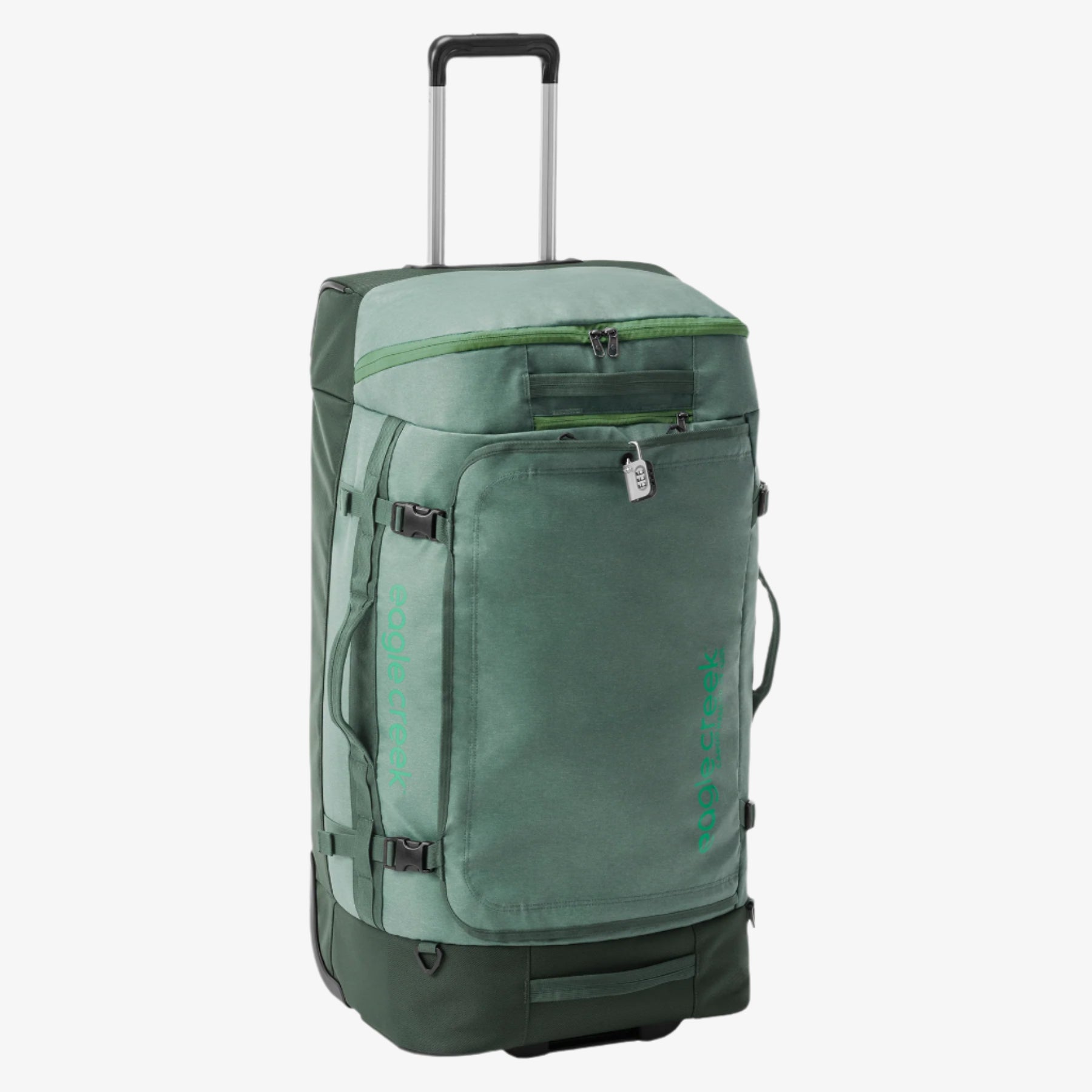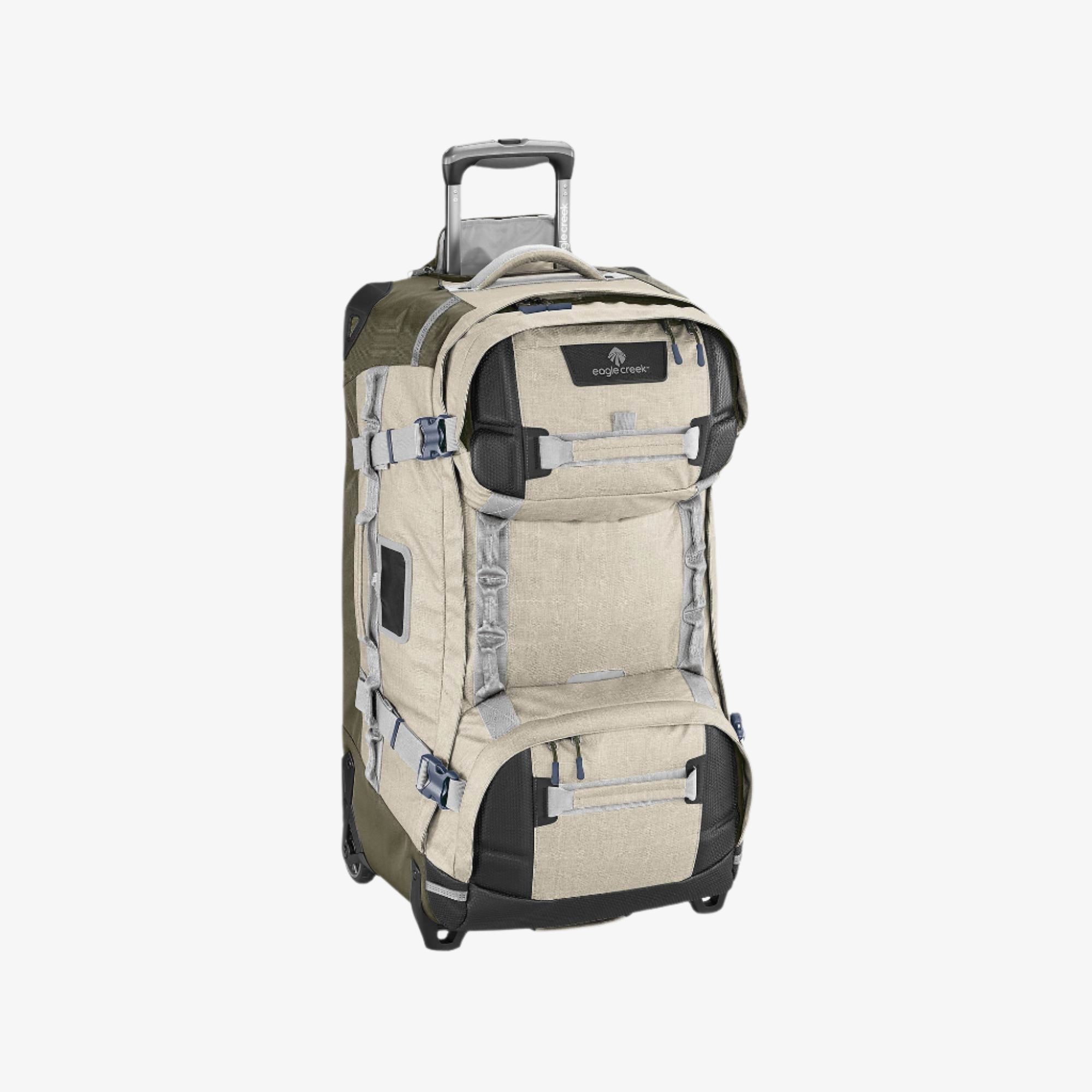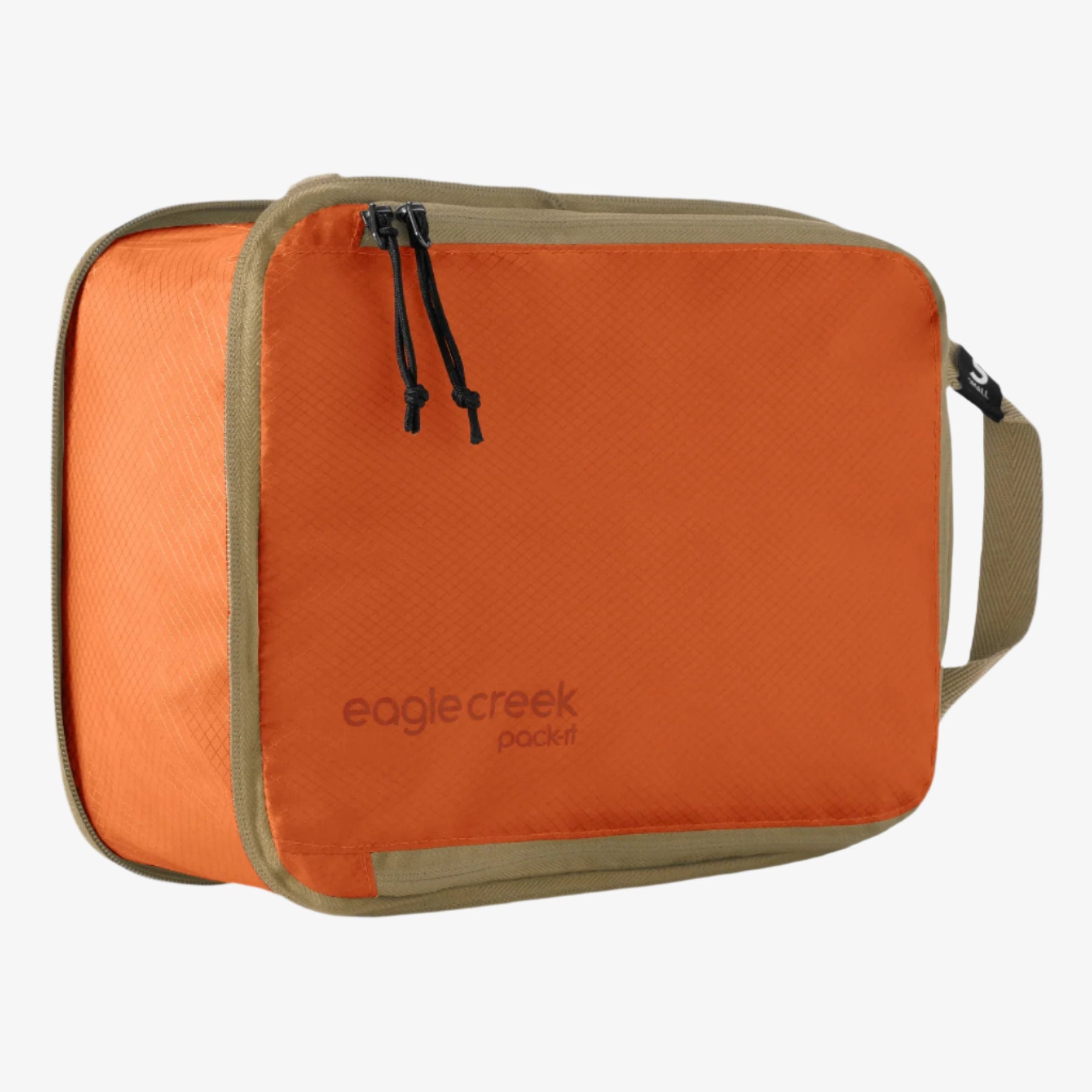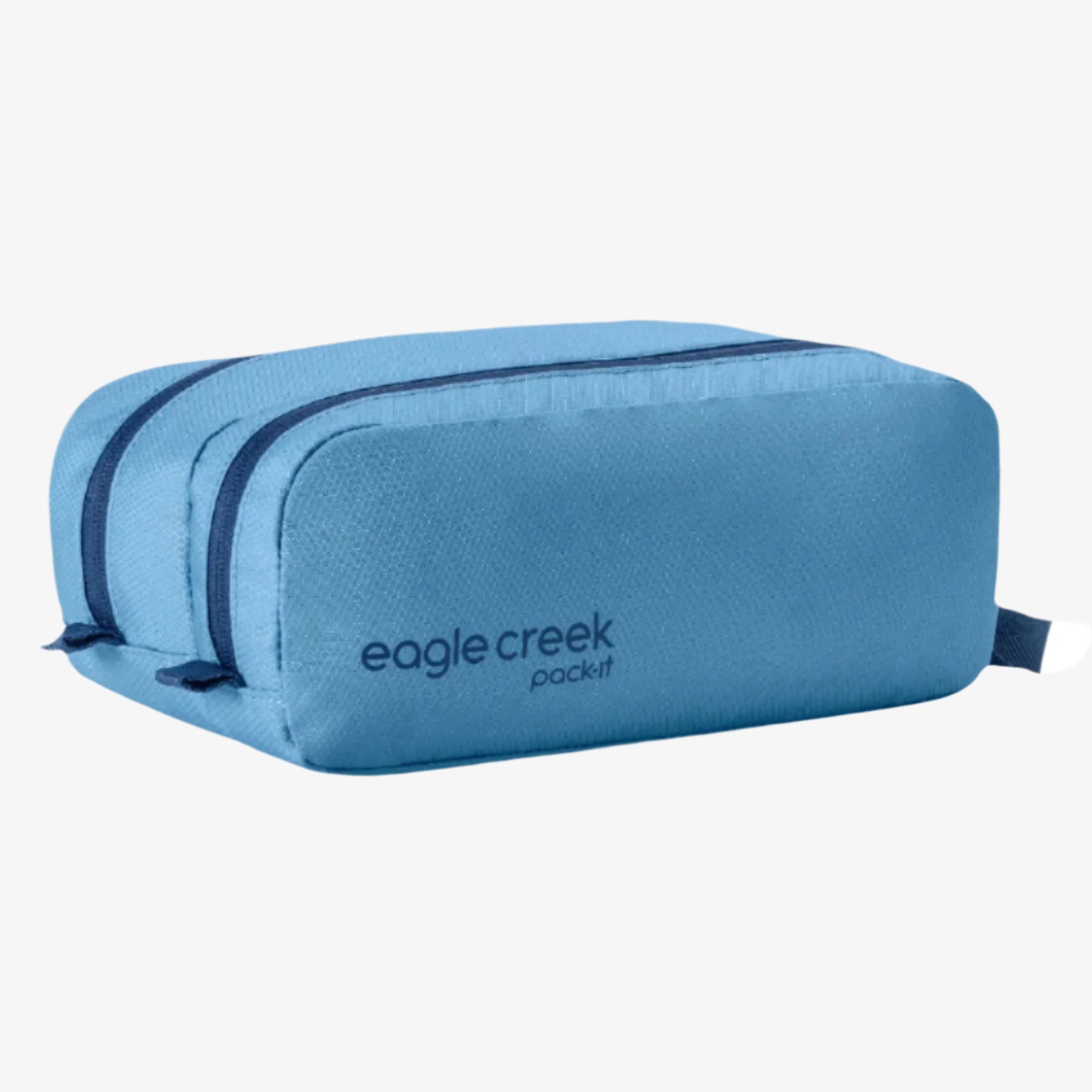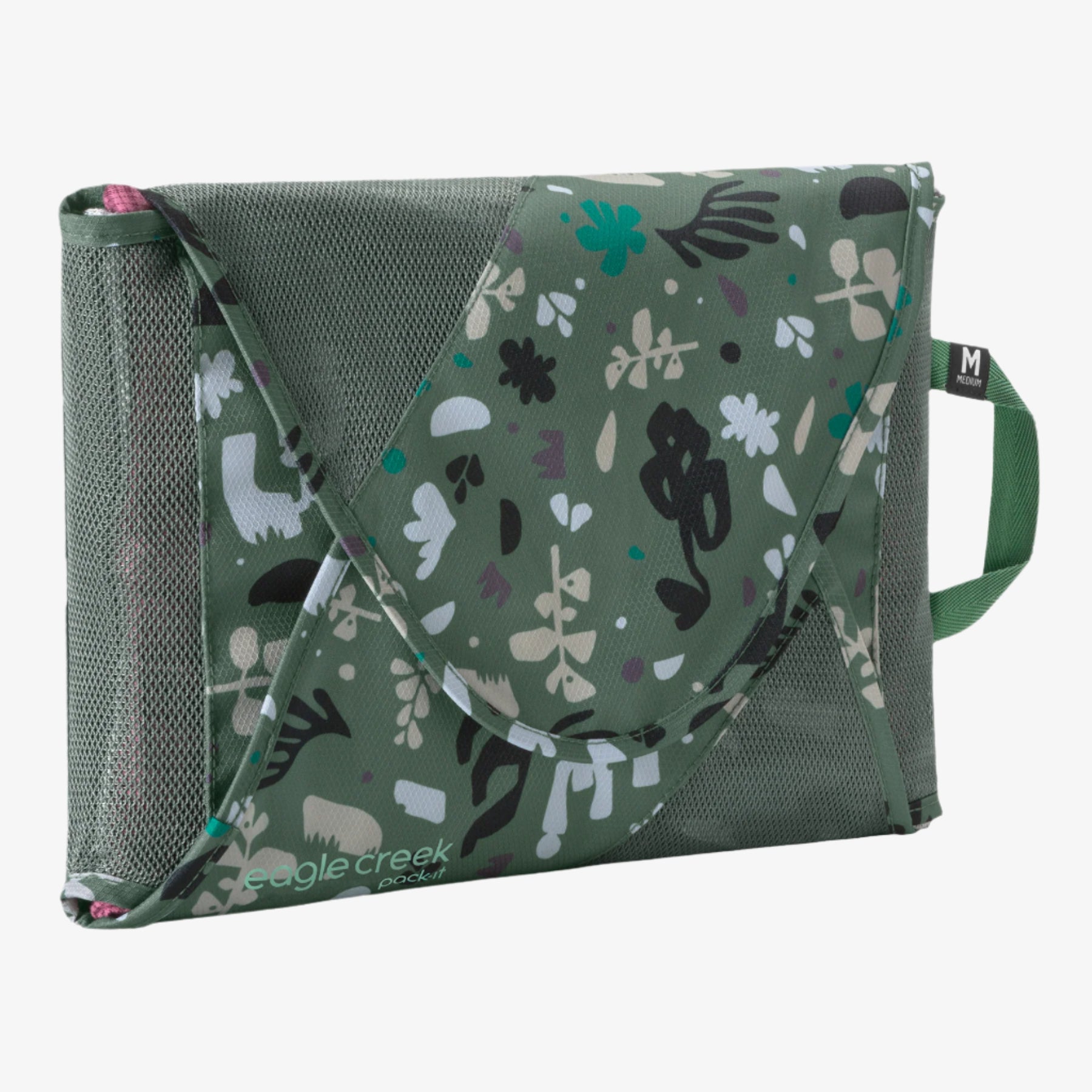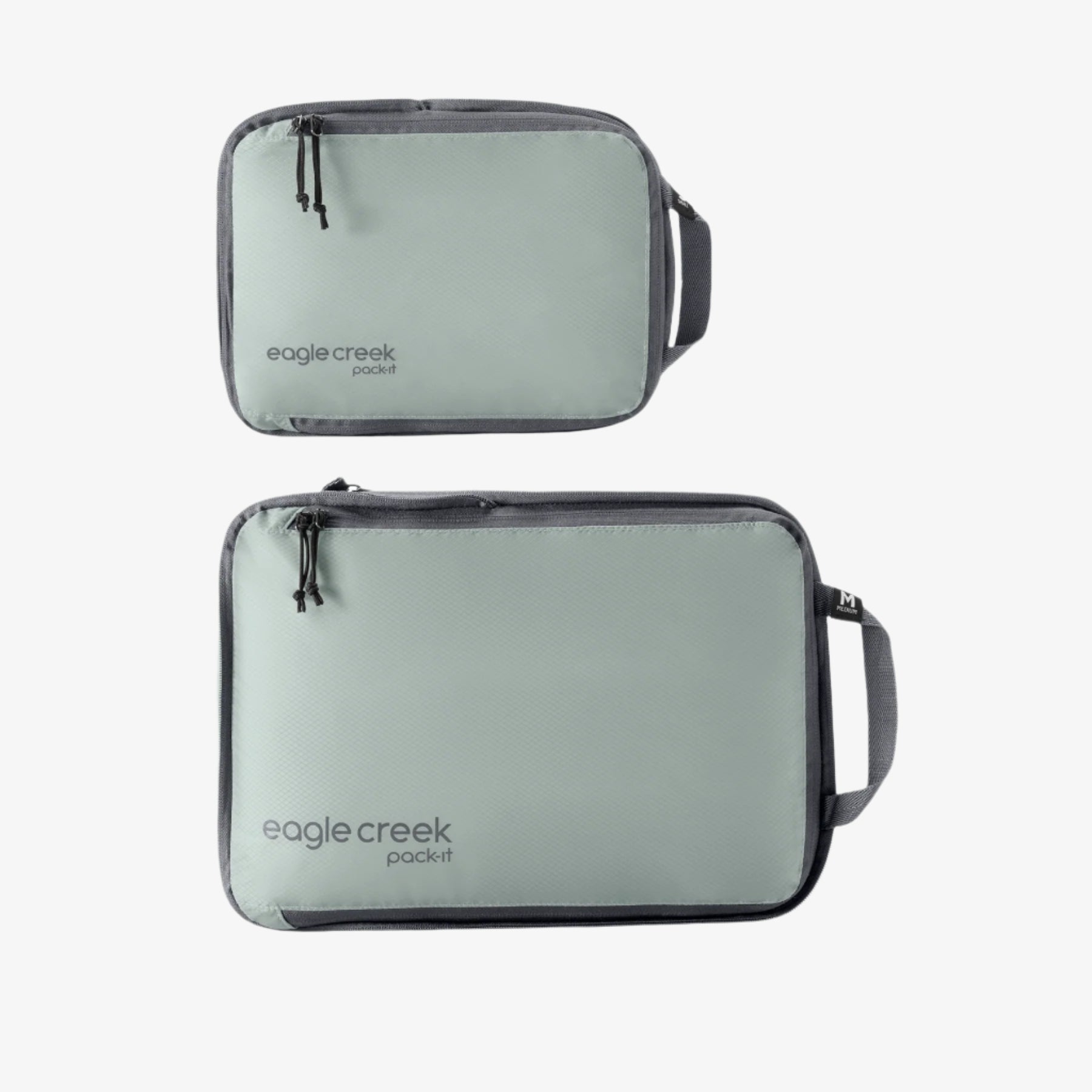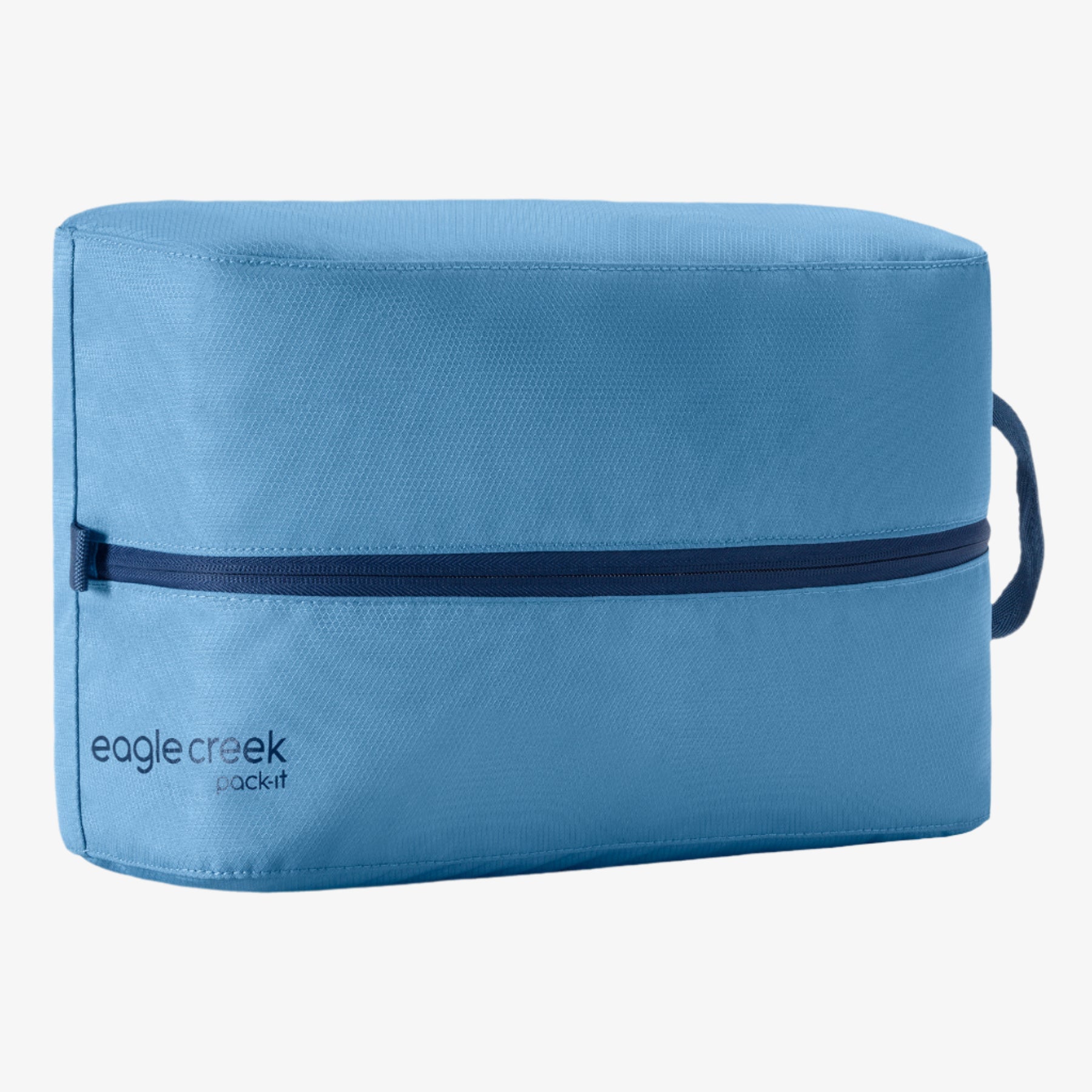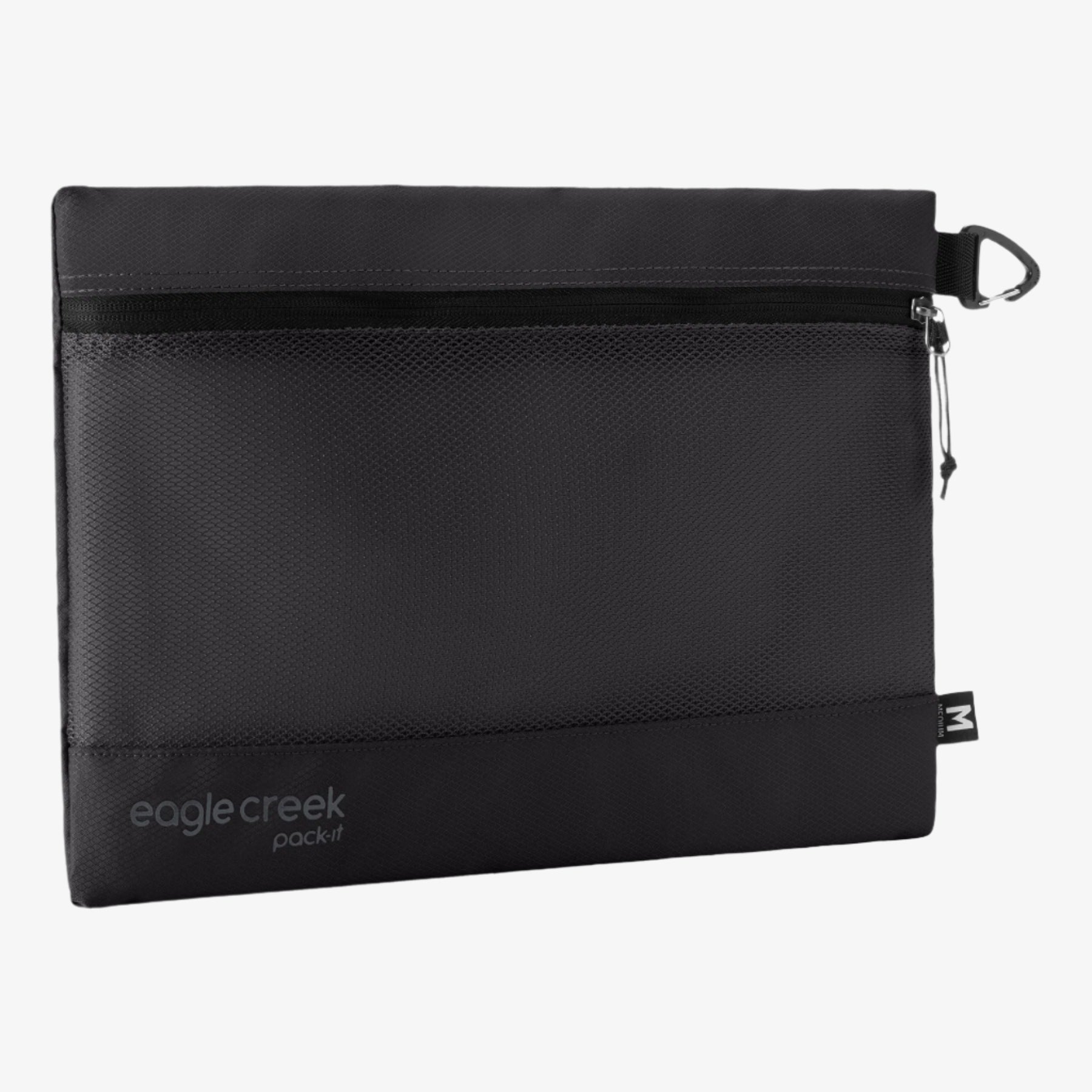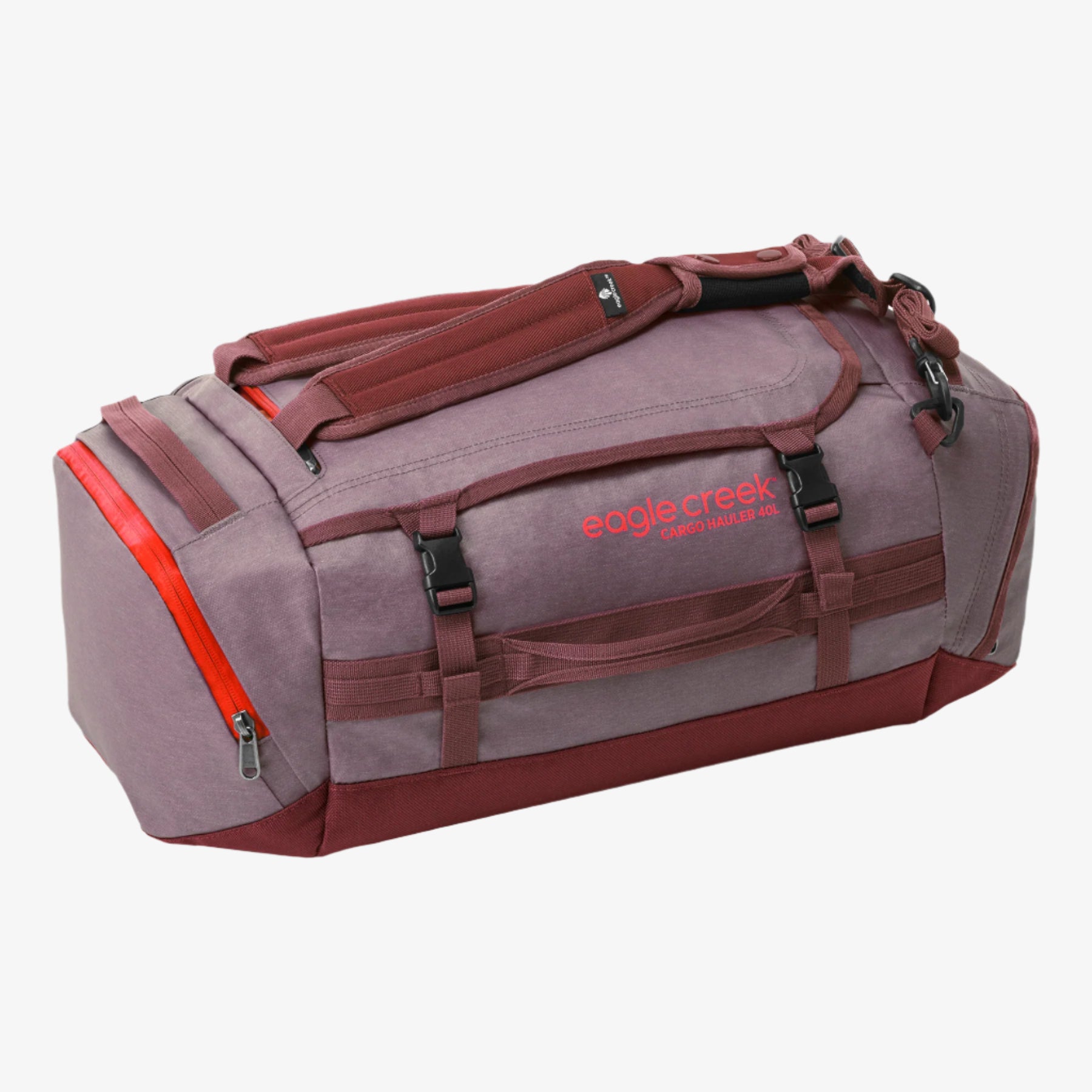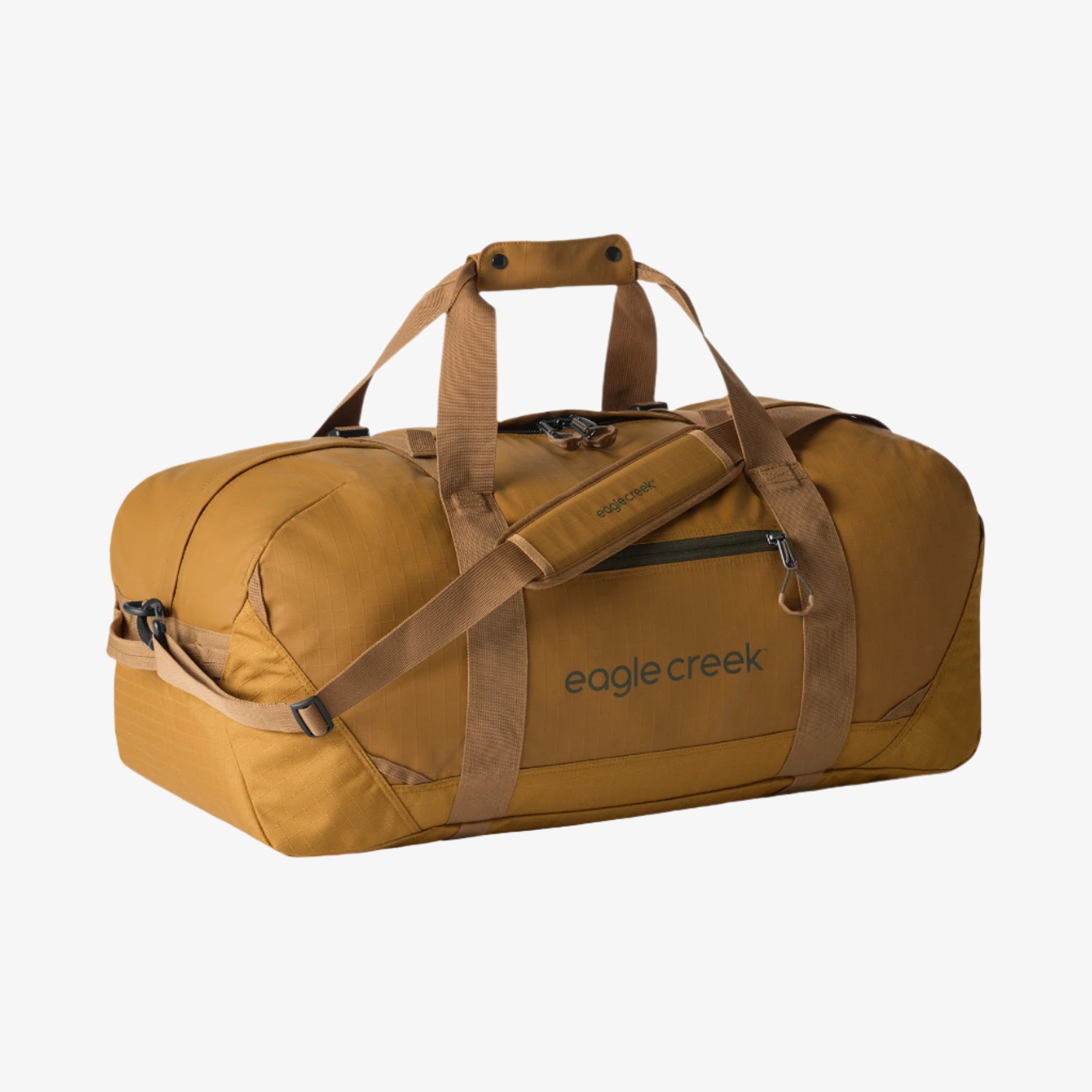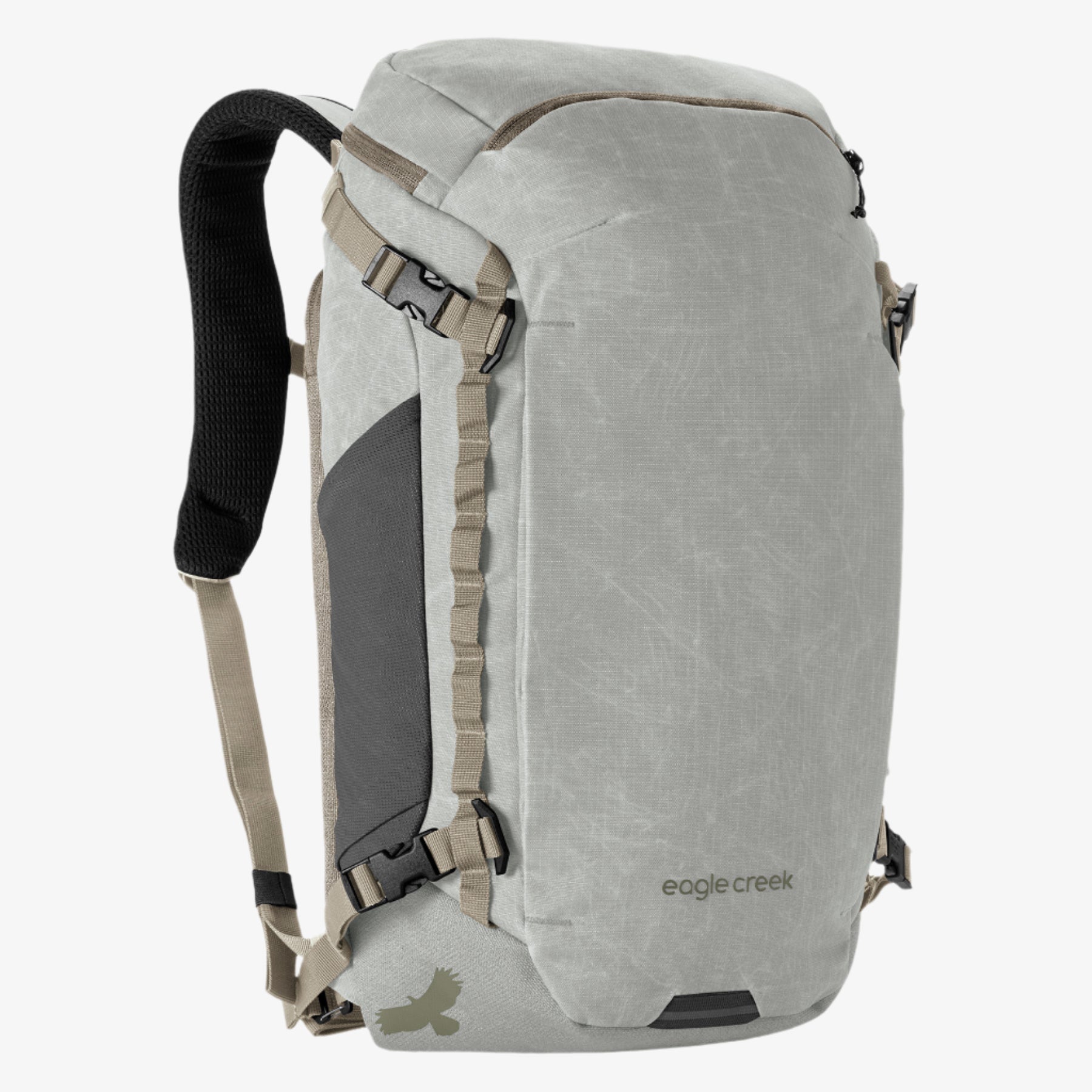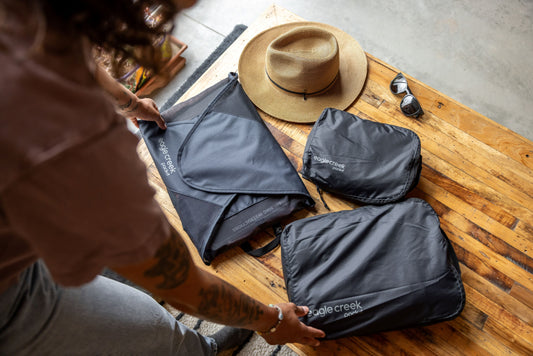
On her first trip to Morocco—a trending destination for travelers—anxiety ensued as friends, family, and colleagues offered warnings about traveling in the country as a single female. She went anyway, and learned a valuable lesson in travel that emits to any aspect in life: Respect.
I have to admit—prior to visiting Marrakech, I wasn’t quite sure what to expect. The uneasy feeling in my stomach swirled as I envisioned what it would be like to wander the souks as a solo female traveler, and interact with a culture with unfamiliar customs. This pit of unease continued to grow as I shared my upcoming travels with friends and family: “You’re going alone?,” my cousin gasped. “Is it safe there?,” asked my grandmother. To my surprise, there wasn’t much backlash from my parents, but truthfully, I think they thought I was going to the desert.
To squash my impending doubt on this trip, I did as I would for any other trip—I began researching. At first I started broad, then I narrowed my scope to solo female travel in Morocco. I have to say my results weren’t too helpful. And just as you can find yourself with a cancer self-diagnosis after a thorough search of WebMD, I found myself deep in the “do not travel to Marrakech alone” files. So, I forced my hand off my keyboard, took what little Morocco packing tips and advice I could salvage, and decided to let the destination speak for itself. After all, everyone will have their own experience and I am a journalist, so stepping out of my comfort zone is what I’m here to do.
Upon landing in Marrakech, it was already nightfall and there wasn’t much I could get out of the remaining hours of the day. Though I will say, my first impressions were high, as I unpacked my bag and settled into my trendy riad in the heart of old Marrakech.
The next morning I woke; the sun hadn’t risen and the day was already warm. I quickly dressed in one of my conservative-cute outfits. When I was packing, I knew I didn’t want to draw attention to myself as a tourist (though it was inevitable) and I also wanted to respect the culture, so I rolled up long dresses, flowy pants and light weight long sleeves for my week-long trip. I wandered down to breakfast in my three-quarter length skirt and long-sleeve, linen blouse, asking the riad staff if what I had on was appropriate. They responded, “Yes, but you can wear whatever you want, it’s not that strict.”
Since I was already dressed and I had only packed this style of attire anyway, I decided to head out for the day. No sooner than when I stepped my close-toed shoes out the door did I spot a group of twenty-something tourists tromping around in flip-flops and denim shorts. I hesitated, as the heat of the old city combined with second-guessing prickled at covered skin. But I carried on.
Throughout the day, I witnessed some haggling, which was to be expected, but I have to say I didn’t feel unwelcome or unsafe. I pulled out my headscarf from my crossbody bag at certain religious areas in the medina, but was told I didn’t need it as I was welcomed with an appreciative head nod. Wandering through the souks, I felt eyes on me, but it didn’t make me uncomfortable. I witnessed the tourists who opted to stay cool in short dresses instead of covering up receive disgusted grimaces and shameful comments. Typically, in the U.S. I would advocate for women to wear whatever they feel comfortable in, but these aren’t the customs in Morocco. The conservative, Muslim culture may not be as strict as its surrounding countries, but views of women are still woven into society—and as a foreigner, a guest in their country, I knew I needed to respect that. In looking back at it all, I felt dressing to their custom was not only respectful but it ensured my ease in exploring the city alone.
Abuzz with vivid spice bags, copper kitchenware and colorful handwoven puffs, every corner you turn calls for the perfect picture, but the souks aren’t a stage, it’s part of Moroccan daily life. Be mindful of who and what you choose to photograph. By observing shop owners responses to unsolicited snapshots, I picked up on the fact they only wanted to be asked (or for you to make a purchase in exchange.) So I would ask before pointing my camera at a shop owner, or their shop for that matter.
It’s funny, because prior to this trip, I don’t think I had been so observant of other tourists or adherent to what was respectful. The truth is, from Morocco to Montreal to your hometown, you should be respectful. I started thinking, “Maybe the people at the farmer’s market back home don’t want photos taken of their produce, they just don’t express it as openly as an overrun shop attendant in Morocco.”
When I got back to my hotel room that night, I let the lessons in seep in from the day, realizing I had been quite ignorant in other countries. It took a destination so starkly different from my own, one of different religion and leadership, to make me realize no matter where I roam, the most important travel accessory to pack (aside from a durable travel adapter) is respect.
Travel with respect for the local culture, communities, traditions, cuisine, and dress. Everybody always says the world is your oyster, and it’s true, it’s our oyster to explore—but also to respect. How will you make a change to travel respectfully?
Related Links (from Eagle Creek blog):
Safety Tips for Traveling Abroad

